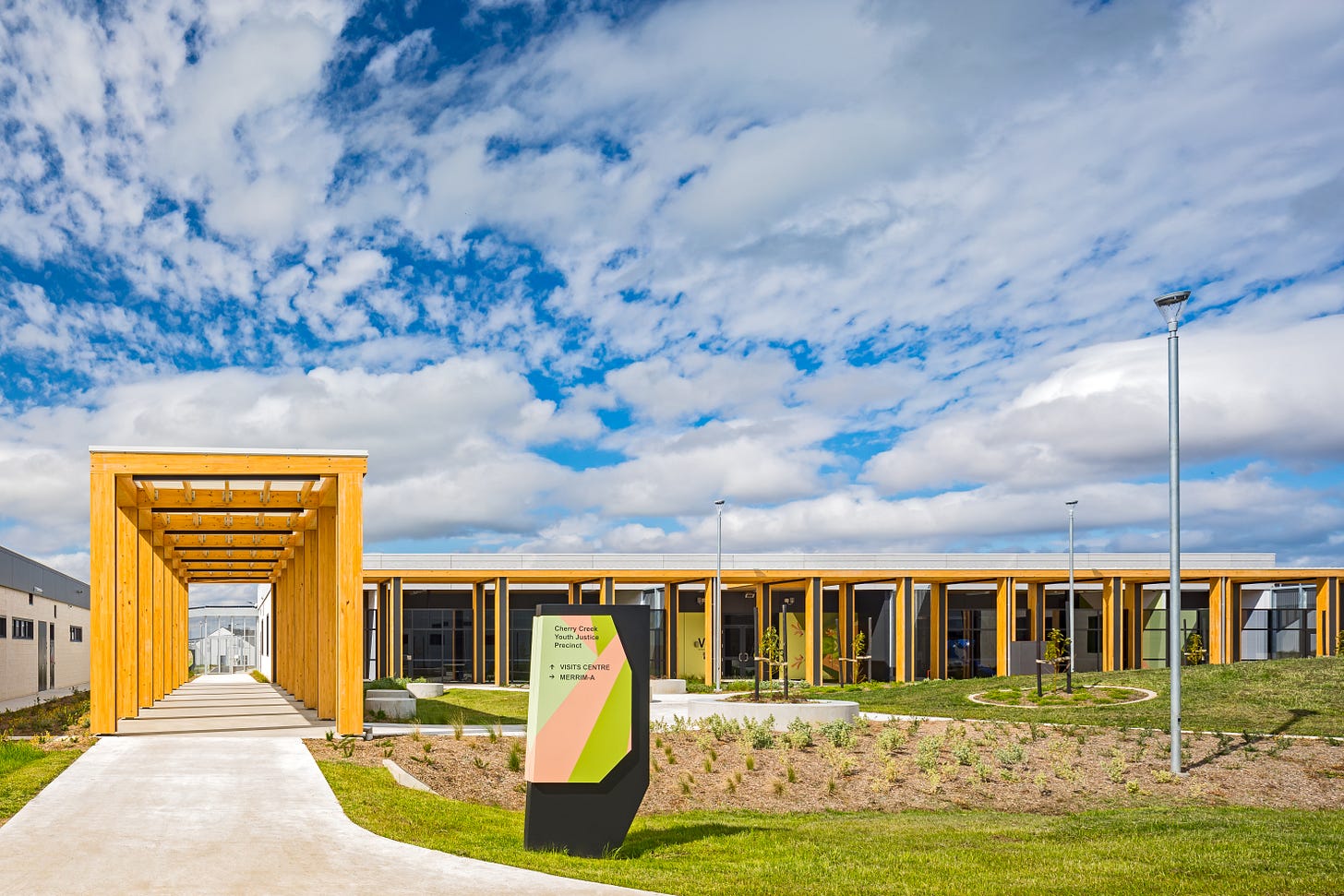Victoria blocks Children's Commissioner from entering youth prisons
The National Children's Commissioner was able to visit youth prisons in most other states and territories.
The Victorian government last year blocked the National Children’s Commissioner from inspecting its youth prisons and speaking to the children being detained there.
Throughout 2023-24, the National Children’s Commissioner conducted a wide-ranging investigation into how Australia’s criminal justice system is harming children, culminating with the release last year of the Help Way Earlier report.
This investigation involved interviews with 150 children and young people in contact with the criminal justice system, including those who were detained in youth detention at the time.
To do this, National Children’s Commissioner Anne Hollonds was given access to youth prisons in states and territories around the country, and was able to speak to young people being detained there.
But the Children’s Commissioner was barred from doing so in Victoria, it has been revealed in a public hearing as part of the federal senate inquiry into youth justice, as first reported by National Indigenous Times.
Hollonds appeared as a witness at the public hearing on Monday and said that she was able to access youth detention facilities in nearly all jurisdictions in Australia, except for Victoria.
“Most states allowed us to do it, but not all…we weren’t able to visit the youth detention facilities in Victoria,” Hollonds told the inquiry. “I wasn't really given a reason.”
That meant the voices of children currently detained in prisons in Victoria were missing from the final report, which identified “egregious breaches” of the human rights of children in contact with the criminal justice system.
National Indigenous Times has also reported that the Children’s Commissioner was barred from entering youth prisons in Western Australia.
Appalling conditions
The report called for major reforms and an overall rethink in the current approach to young people in the criminal justice system.
Hollonds has also been able to go inside the Queensland watch houses that are currently being used to incarcerate children, sometimes for several weeks.
Children are being held in police watch houses in increasing numbers, and for longer periods of time, leading to widespread concerns about their health and safety.
In 2023-24, 120 people aged between 10 and 13 spent at least one night in a police watch house in Queensland, a 50% increase from the previous year. The total number of children held for more than four nights consecutively in a watch house increased from 640 to 675 in the same year.
These watch houses are ostensibly meant to detain violent and dangerous adults for short periods of time.
The Queensland Family and Child Commission has said they are “inadequate” to hold a young person even for one night, and are “harmful and traumatising” for these children.
Hollonds told the Senate inquiry just how dire these watch houses are for the children being detained in them.
“I cannot stress more strongly how appalling they were,” Hollonds said.
“I had seen a lot of children’s prisons by that point. I felt warm towards them after I had seen the watch houses.
“No child, I think, should be in those at all. We shouldn’t have them in there at all. Yet I was told they were often there for six weeks at a time. It’s not acceptable in a country as rich as Australia.”



